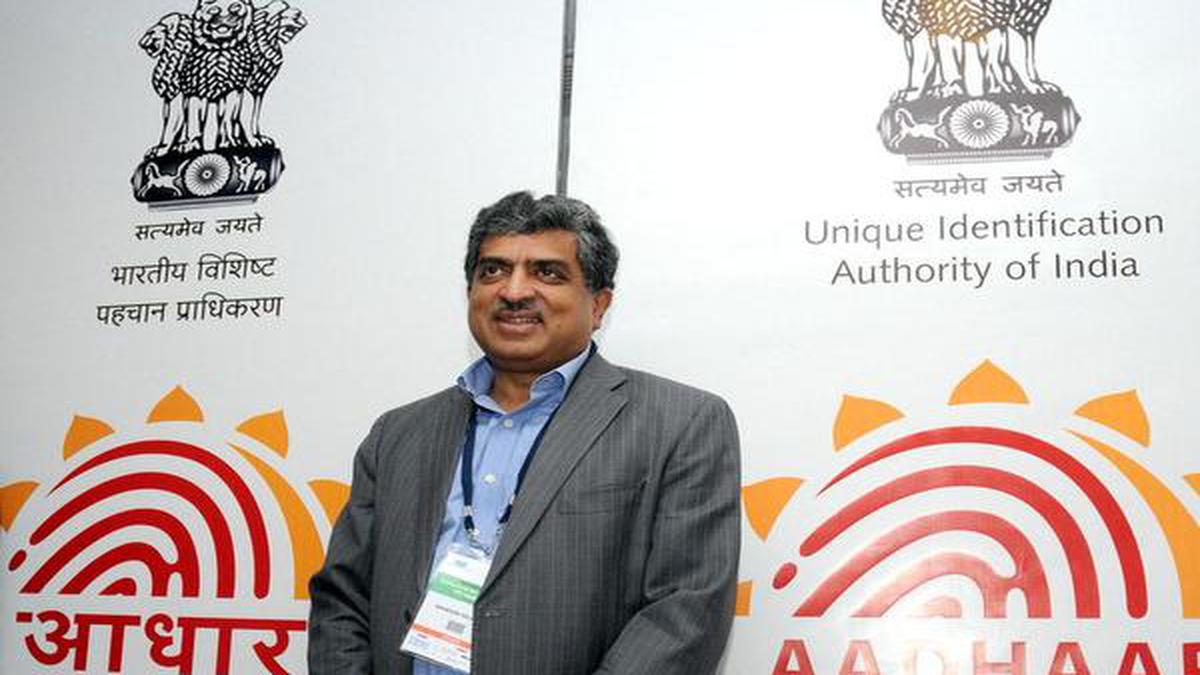Nandan Nilekani, a billionaire with a net worth of $3.6 billion as reported by Forbes, has carved a remarkable path in the technology world. As a co-founder of Infosys in 1981, Nilekani played a pivotal role in transforming the company into a global IT and consulting powerhouse. His journey from growing up in India during the ’60s and ’70s to becoming a tech mogul is marked by bold choices and an insatiable appetite for knowledge.
Nilekani’s early life was shaped by strict parental expectations regarding career choices. Despite his father’s disapproval, he chose to pursue electrical engineering at IIT Bombay, graduating in 1978. His fascination with mini computers soon led him to join Putney Computer Systems, where he worked under the mentorship of N.R. Narayana Murthy. This collaboration laid the groundwork for the birth of Infosys, which Nilekani co-founded at Murthy’s behest.
Reflecting on his career trajectory, Nilekani emphasizes the importance of curiosity, connection, and relevance. He attributes his success to a relentless hunger for information and the excitement of learning new things.
“I get up every morning wanting to learn new things, and I keep my mind open.” – Nandan Nilekani
In 2009, Nilekani further cemented his legacy by creating Aadhaar, the world’s largest biometric identification system. This innovation exemplifies his belief in harnessing technology for societal benefit. Beyond technical skills, he advocates for the cultivation of soft skills like empathy and compassion, which he considers crucial for thriving in today’s job landscape.
“The future is about what only humans can do. Empathy, compassion, connecting the dots … Remain curious, connected and relevant.” – Nandan Nilekani
Nilekani warns against complacency in a rapidly evolving world dominated by artificial intelligence. He underscores the importance of building human-centric skills that AI cannot replicate. This sentiment echoes the views of other industry leaders who acknowledge the unpredictability of AI’s impact on the job market.
“I can pretend that I’m gonna be able to predict where AI’s going and the exact impact on the job market, but I’d be lying, I have no idea.” – Mark Cuban
Featured image courtesy of The Hindu

